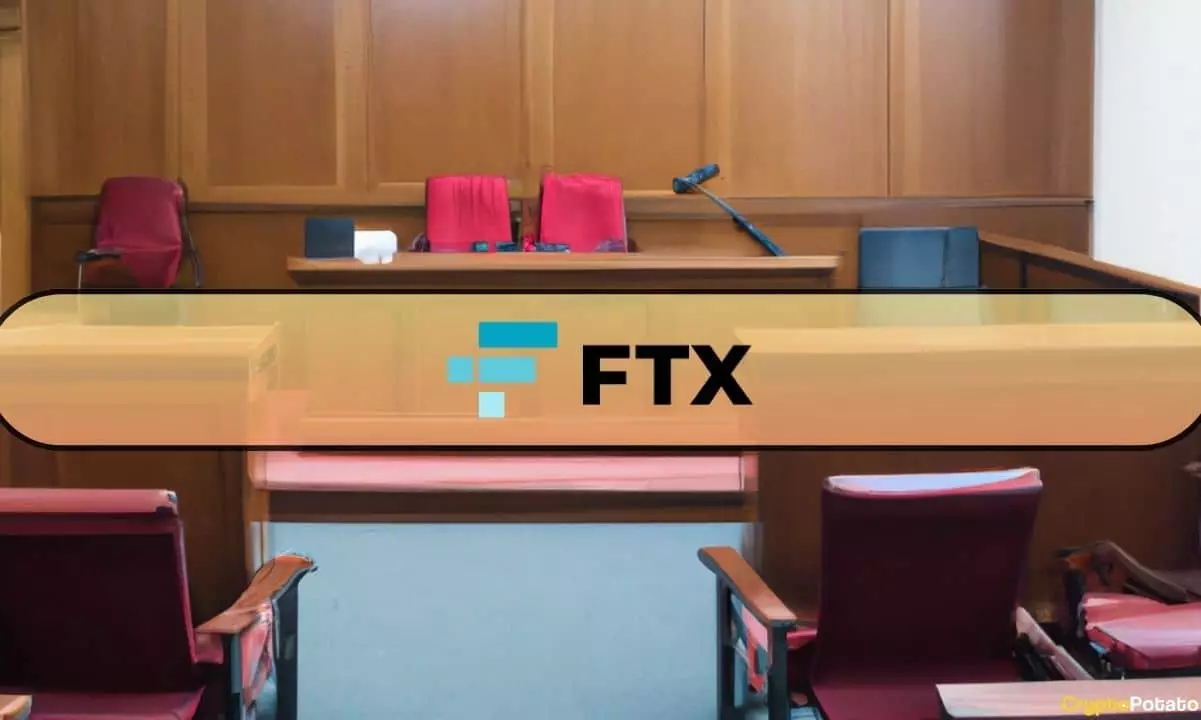The recent proposal by FTX to classify certain jurisdictions as “Potentially Restricted” exposes the deep flaws in our financial and legal systems. While companies in distress often seek to protect themselves, the underlying morality of such actions must be scrutinized. Pretending that legal compliance trumps moral responsibility is a dangerous game—one that risks forsaking the very principles of fairness and justice that underpin a functioning economy. The thought that a bankrupt crypto firm, facing its own failures, can effectively choose to ignore billions owed to stakeholders simply based on geographic legal restrictions reveals a troubling prioritization of corporate protection over individual rights. This move not only sets a dangerous precedent, but it also underscores how corporate interests can exploit legal technicalities to entrench inequalities, especially when vulnerable groups are at stake.
Selective Justice and Its Disproportionate Impact
The proposal’s disproportionate effect on Chinese creditors, who reportedly account for 82% of the claim value in affected jurisdictions, is particularly revealing. It exposes the geopolitical biases embedded within the legal machinations of crypto governance. Chinese users, already facing a hostile regulatory landscape, are now additionally targeted by a scheme that could deny them their rightful claims with the stroke of a legal paper. This targeted neglect raises critical ethical questions: Is it justifiable for a corporate entity to selectively withhold payments based on jurisdiction, especially when residents legally hold those assets? Such actions threaten the very fabric of trust-in-justice, pushing creditors into a limbo of uncertainty while privileging legal technicalities over human rights. This purely legalistic stance dismisses the reality that many individuals in these countries held their assets legally and fairly, only to now face the prospect of losing what they are legally entitled to.
The Illusion of Legal Compliance as Morality
FTX’s emphasis on “legal advice” and regulatory compliance appears more like an excuse to sidestep their moral obligations than a genuine effort at fairness. Labels like “disputed claims” and “restricted jurisdictions” mask a troubling retreat from accountability. Behind these euphemisms lies a willingness to abandon thousands of creditors—many of whom are ordinary individuals—under the guise of respecting local laws. This approach feels more like a calculated shield rather than a principled stance; it shirks the moral duty to ensure fairness and transparency. When a company’s survival is intertwined with the legitimate claims of its affected users, dismissing those claims based solely on jurisdiction borders inevitably breeds resentment and distrust. It also prompts a broader question: Should legal technicalities override the fundamental responsibility of a corporate to act ethically? In this case, the answer should be a firm no.
The Erosion of Trust and the Price of Indifference
The fallout from FTX’s proposed plan is not merely a legal controversy—it strikes at the core of credibility and trust in financial institutions, especially in emerging sectors like cryptocurrency. When a renowned platform chooses to prioritize legalistic loopholes over equitable treatment, it demoralizes its entire user base. Many affected creditors, primarily from regions with less political influence, now face the prospect of losing their claims altogether. This sense of betrayal fosters mistrust not only towards FTX but also towards the broader industry, which often presents itself as a revolution against traditional finance. The damage is lasting, further entrenching skepticism about the fairness and stability of crypto markets. For a sector that thrives on the promise of decentralization and democratization, such manipulations stand as glaring betrayals of those ideals.
The Broader Implications for Global Economic Justice
The FTX controversy spotlights a larger issue: the global imbalance in legal influence and economic justice. Wealth and claims are unevenly distributed, with powerful jurisdictions wielding the ability to shield their citizens while others are left vulnerable. If crypto platforms become tools to circumvent accountability, especially for less influential populations, we risk deepening already-existing inequalities. The solution isn’t merely procedural but rooted in a commitment to uphold fairness across borders. Tech giants and financial institutions have a moral responsibility to prevent their legal strategies from becoming tools of exploitation. In essence, protecting creditors should be less about legal finagling and more about cultivating a fairer, more transparent financial ecosystem—one that recognizes the dignity and rights of people worldwide, regardless of their geopolitical location.
In an era where digital assets are heralded as the future of finance, FTX’s questionable handling of creditor claims reveals how fragile that promise truly is. Business ethics must transcend legal technicalities; otherwise, the industry risks becoming just another avenue for the powerful to manipulate without accountability. The pursuit of profits and legal compliance cannot justify ignoring the fundamental rights of those who trusted them in the first place.
















Leave a Reply